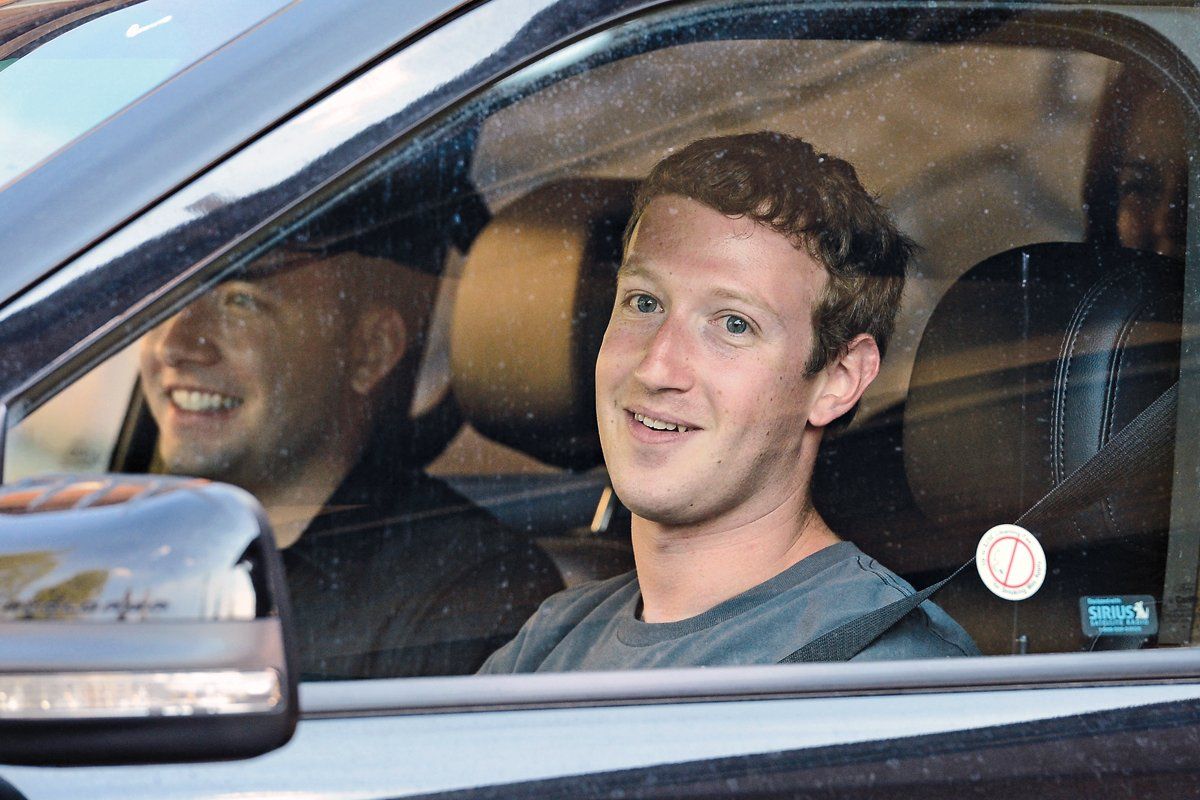
Facebook's cavalier approach to personal privacy made headlines again last week over news of its new partnership with Datalogix, a firm that tracks retail loyalty-card programs and can help Facebook figure out whether ads on its pages translate into customer purchases. Every time Zuckerberg Inc. pushes the boundaries on sharing user information with outside entities, outrage ensues—remember the backlash when Facebook changed all accounts to a default public setting? Or when it automatically signed users up to share information with third-party websites? By this point, mistrust of Facebook's intentions to protect our data is so widespread, it would be laughable if it weren't so disturbing.
And yet, very few people are quitting Facebook in protest. The site keeps accumulating users—as of last count, it boasts 955 million members. And while a July report found that the company's user base had dropped by 1.7 percent in the U.S. since January, it also revealed that membership is rapidly expanding in Asia and Brazil. Despite our dissatisfaction with Facebook's privacy flaws, it has become an indelible part of the culture. Which begs the question: will there ever be a tipping point when it comes to how much we allow Facebook to share?
It's not as though Facebook has been all that misleading about its attitude toward the private versus the public. After all, the company's motto is "to make the world more open and connected." Founder Mark Zuckerberg likes to opine that privacy is no longer a contemporary concern. "People have really gotten comfortable not only sharing more information and different kinds, but more openly and with more people," he told an awards audience in 2010. Around the same time, he described Facebook's decision to change its privacy settings as crucial to the company's innovative spirit. (It's also crucial to the bottom line: after a disastrous IPO and plummeting stock prices, Facebook is hard-pressed to show that targeted advertising on the site will translate into real revenues.)
Meanwhile, with its recent purchase of Glancee, Facebook is poised to capitalize on what CNN dubbed "the scariest tech trend of 2012": passive location apps, also called ambient social networking. These "friendly stalking" apps alert users to Facebook friends, friends-of-friends, and even strangers with similar interests who happen to be located nearby. Unlike Foursquare, Glancee doesn't require a check-in; it just works in the background, monitoring GPS data from mobile phones. Glancee's creators tout the service as a way to "discover the hidden connections around you." Either that, or it's one more step toward the sort of creepy voyeurism that Zuckerberg has been oftentimes accused of.
Much ink has been spilled about how Zuckerberg's vision of a transparent online world is upending our social norms and creating a generation comfortable with posting anything and everything about their lives online. But the reality may be more nuanced. For one thing, users in Europe have proven far more sensitive to privacy concerns than in America; the European Commission and national governments have enacted laws to limit how much personal data Facebook can retain and with whom it can be shared. And even in the U.S., there are signs that the Internet Generation may not be so willing to bare every last personal secret. Rather, young adults are masters at curating online profiles that seem to be open and spontaneous but are actually quite controlled. A study by the Pew Internet Center found that 20-somethings are far more vigorous than older users about tending to their social-networking profiles and deleting unwanted posts and photos. They understand that anything put online could—by accident or design—become public knowledge. Of course, that attitude shows the extent to which we're all now involved in crafting personas for Facebook to offer up to the watchful gaze of a million digital eyes.
Uncommon Knowledge
Newsweek is committed to challenging conventional wisdom and finding connections in the search for common ground.
Newsweek is committed to challenging conventional wisdom and finding connections in the search for common ground.





